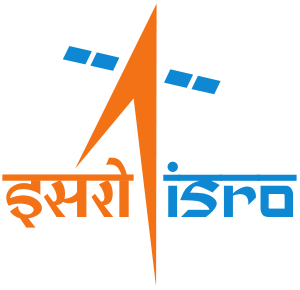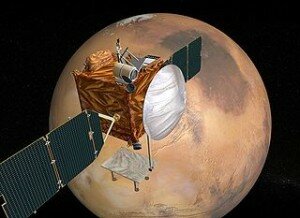Correspondent (Science)
NEW DELHI — With national pride at stake, the Indian Space Research Organisation (ISRO) is set to launch the Mangalyaan probe, its first spacecraft destined for Mars, in the next month. Take-off for the mission has a narrow window of 23 days, between October 28 and November 19, and, providing weather permits, the orbiter should reach the red planet by September, 2014. Once the spacecraft has reached its destination, it will orbit Mars, taking photographs of the planet’s surface and measuring levels of methane.
While the unmanned mission will carry out scientific research of Mars, it will also be a testament to India’s technological capabilities. Only three other space organisations have reached our red neighbour – USA’s National Aeronautics and Space Administration, the European Space Agency and Russia’s Roscosmos. If the ISRO’s Mangalyaan probe manages to successfully orbit Mars, it will place India among the top space agencies in the world.
 Starting in the early 1960s, ISRO’s main missions have always been centred on the development of the country, for example, launching satellites for communication services and the management of natural resources. Understandably, it came as a shock when ISRO revealed its plans for a £60 million probe to Mars, a mission that, seemingly, will achieve nothing for the well being of the country. In the opinion of Professor Andrew Coates of University College London, however, the mission will contribute towards the development of India, stating, ‘The exploration programme gives them something very high to aim for. If they can show the world they have what it takes to send spacecraft to other planets they can begin to sell launches and launch vehicles to scientific organisations. It also brings India to the table of international space science exploration.’
Starting in the early 1960s, ISRO’s main missions have always been centred on the development of the country, for example, launching satellites for communication services and the management of natural resources. Understandably, it came as a shock when ISRO revealed its plans for a £60 million probe to Mars, a mission that, seemingly, will achieve nothing for the well being of the country. In the opinion of Professor Andrew Coates of University College London, however, the mission will contribute towards the development of India, stating, ‘The exploration programme gives them something very high to aim for. If they can show the world they have what it takes to send spacecraft to other planets they can begin to sell launches and launch vehicles to scientific organisations. It also brings India to the table of international space science exploration.’
As other organisations have found, space is a big business, with companies paying for their satellites to be sent up by spacecraft, including the orbiters the ISRO is capable of manufacturing. The success of this mission will also boost national morale. In 2011, China’s attempt to reach the red planet was aborted when their orbiter encountered technical problems. When news of this reached the ISRO, they competitively brought the deadline for an Indian orbiter to Mars forward, with a target of completion within 15 months. ‘If India does beat China to Mars you can imagine the national pride,’ Science Editor of New Delhi television news, Pallava Bagla, enthused.
Image Courtesy: Wikimedia Commons (Jakeepping, Indian Space Research Organisation)
Amber Roguski
Latest posts by Amber Roguski (see all)
- India Set to Launch First Mars Orbiter - October 28, 2013
- That Shrinking Feeling - October 28, 2013
- The Human Brain Project Begins - October 20, 2013









No comments
Be the first one to leave a comment.